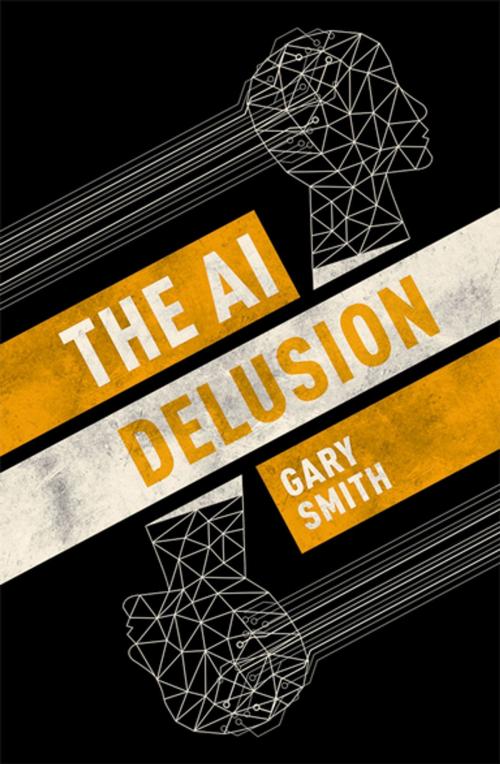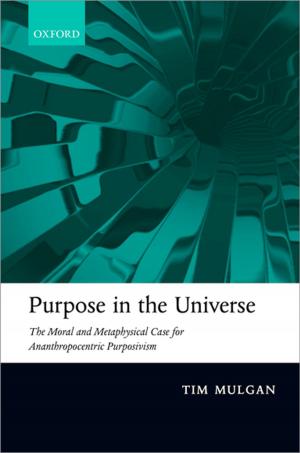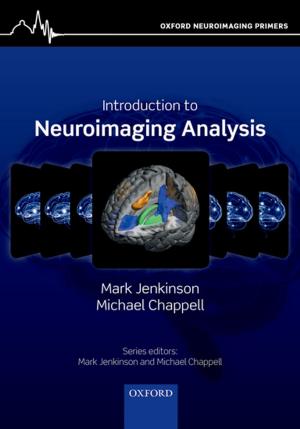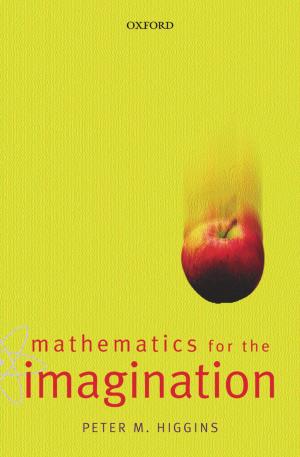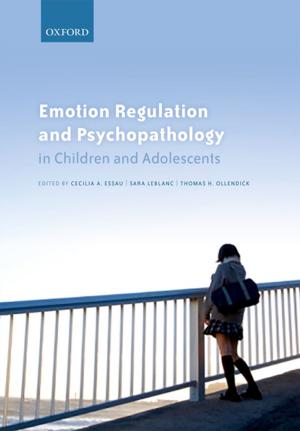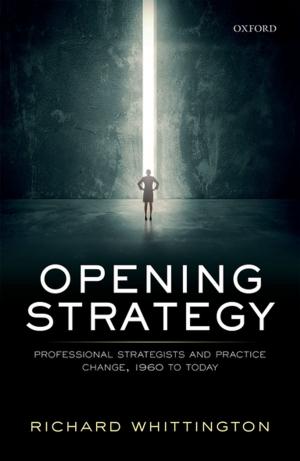The AI Delusion
Nonfiction, Computers, Advanced Computing, Artificial Intelligence, General Computing, Science & Nature, Science| Author: | Gary Smith | ISBN: | 9780192557803 |
| Publisher: | OUP Oxford | Publication: | August 23, 2018 |
| Imprint: | OUP Oxford | Language: | English |
| Author: | Gary Smith |
| ISBN: | 9780192557803 |
| Publisher: | OUP Oxford |
| Publication: | August 23, 2018 |
| Imprint: | OUP Oxford |
| Language: | English |
We live in an incredible period in history. The Computer Revolution may be even more life-changing than the Industrial Revolution. We can do things with computers that could never be done before, and computers can do things for us that could never be done before. But our love of computers should not cloud our thinking about their limitations. We are told that computers are smarter than humans and that data mining can identify previously unknown truths, or make discoveries that will revolutionize our lives. Our lives may well be changed, but not necessarily for the better. Computers are very good at discovering patterns, but are useless in judging whether the unearthed patterns are sensible because computers do not think the way humans think. We fear that super-intelligent machines will decide to protect themselves by enslaving or eliminating humans. But the real danger is not that computers are smarter than us, but that we think computers are smarter than us and, so, trust computers to make important decisions for us. The AI Delusion explains why we should not be intimidated into thinking that computers are infallible, that data-mining is knowledge discovery, and that black boxes should be trusted.
We live in an incredible period in history. The Computer Revolution may be even more life-changing than the Industrial Revolution. We can do things with computers that could never be done before, and computers can do things for us that could never be done before. But our love of computers should not cloud our thinking about their limitations. We are told that computers are smarter than humans and that data mining can identify previously unknown truths, or make discoveries that will revolutionize our lives. Our lives may well be changed, but not necessarily for the better. Computers are very good at discovering patterns, but are useless in judging whether the unearthed patterns are sensible because computers do not think the way humans think. We fear that super-intelligent machines will decide to protect themselves by enslaving or eliminating humans. But the real danger is not that computers are smarter than us, but that we think computers are smarter than us and, so, trust computers to make important decisions for us. The AI Delusion explains why we should not be intimidated into thinking that computers are infallible, that data-mining is knowledge discovery, and that black boxes should be trusted.
